What is a Roman blind?
A Roman blind is a straight piece of fabric that gathers into soft horizontal folds when the structure is raised, thanks to the crossbars.
Pros and cons
Like other types of curtains, these products have their advantages and disadvantages.
They have a stylish design and a wide variety of colors, which allows you to choose a model suitable for any room.
They go well with other window decor.
Types of Roman blinds
The main types of Roman blinds.
Classic (frame)
The most common option. Due to the crossbars sewn into the fabric, it forms uniform folds when raised. Classic models go well with any interior design.
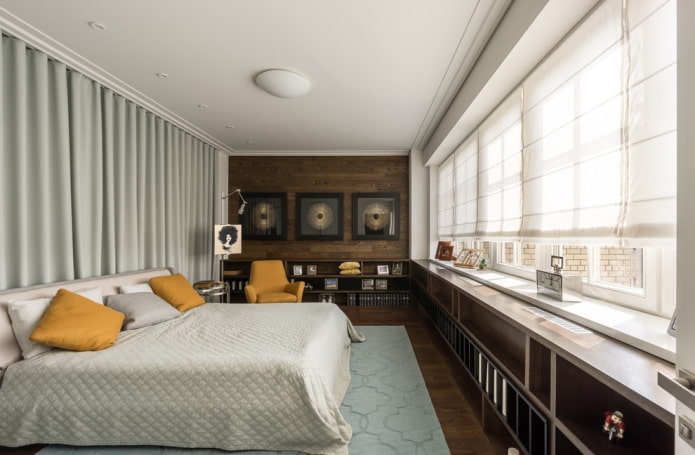

Frameless (without inserts)
Just like classic models, frameless ones are a straight piece of fabric. Due to the absence of frame strips, when raised, they gather into smooth folds that slightly sag towards the center.
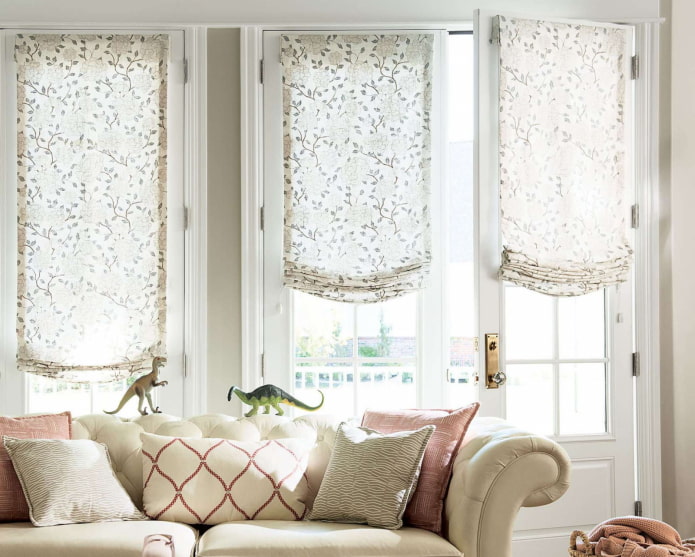
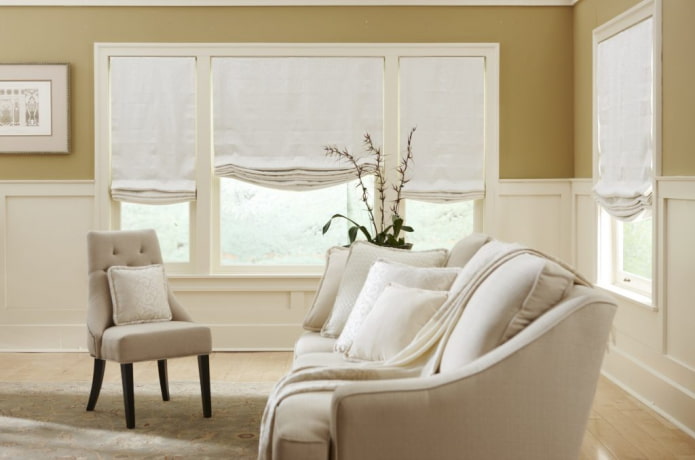
Cascading
The main distinguishing feature of such models with an overlap is that they retain the drapery even when unfolded condition.
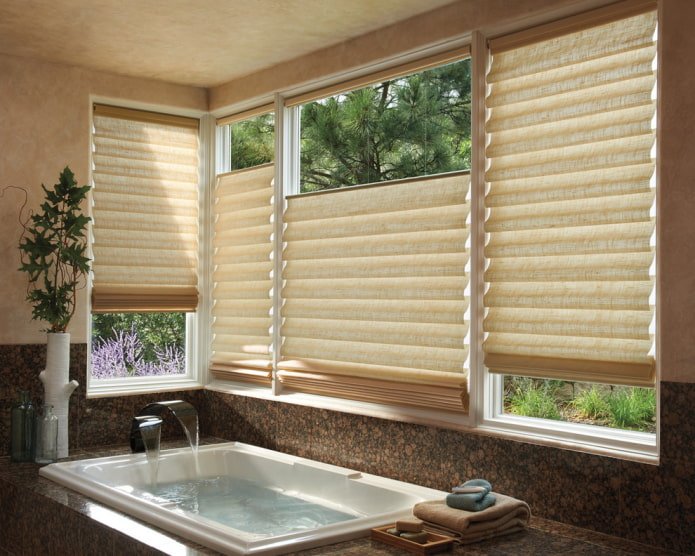
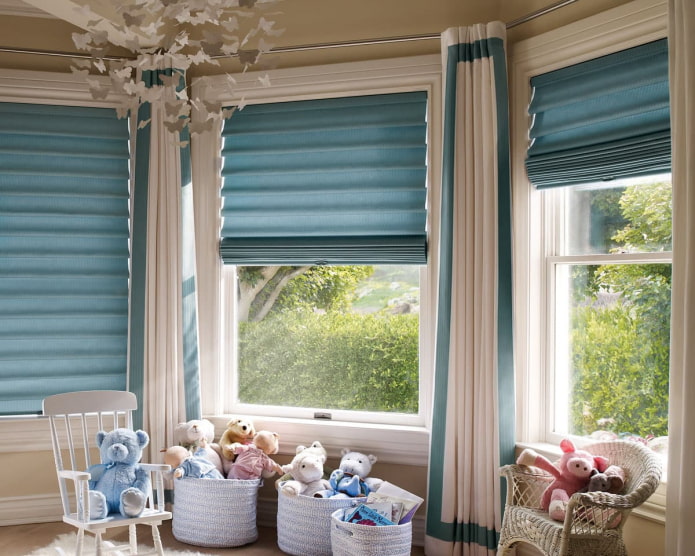
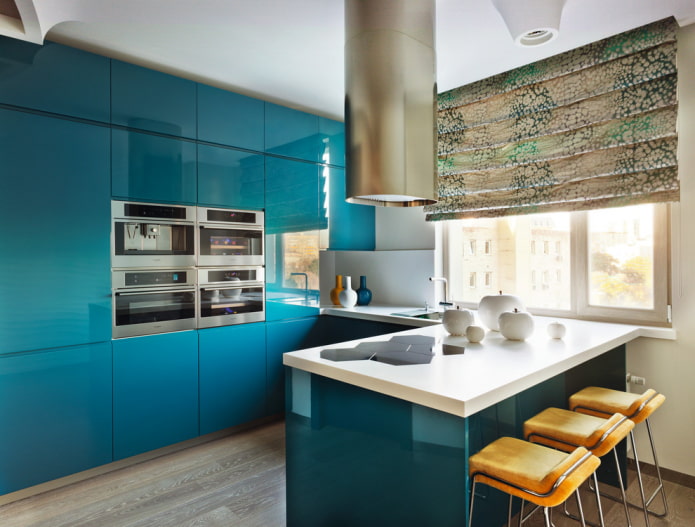
The photo shows the interior of a modern kitchen with cascading Roman curtains
Double
Two-layer combined curtains, made from fabrics of different density and color. The dense fabric is responsible for protection from the sun, and the lighter one gives a harmonious appearance to the window space. Together in the room, they create a day-night effect.
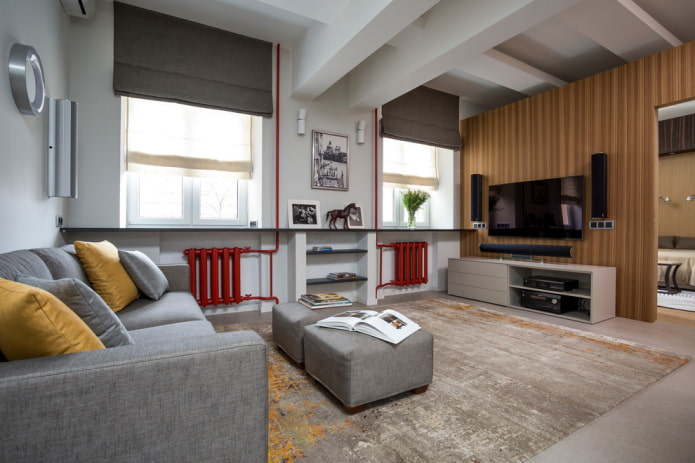


The photo shows double Roman models in the interior of a children’s room.
Photo curtains
Bright photo curtains decorate the window space and add sophistication and uniqueness to the atmosphere.
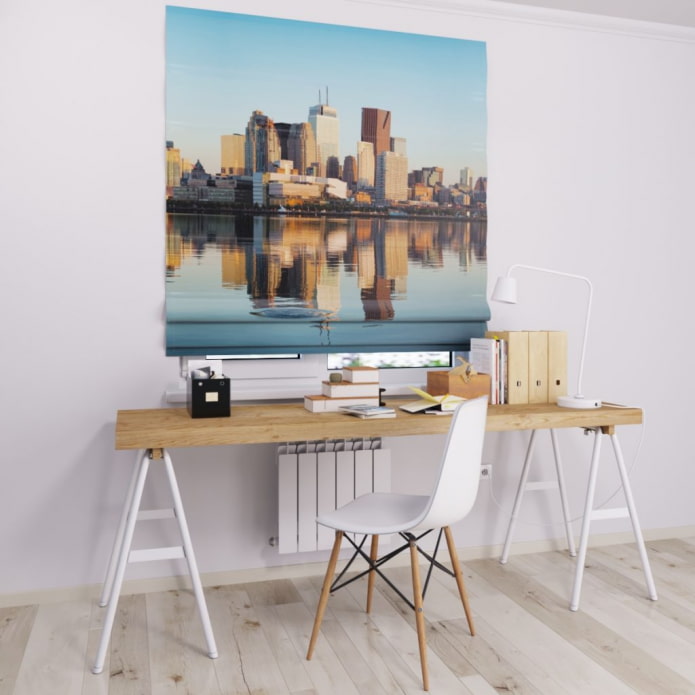
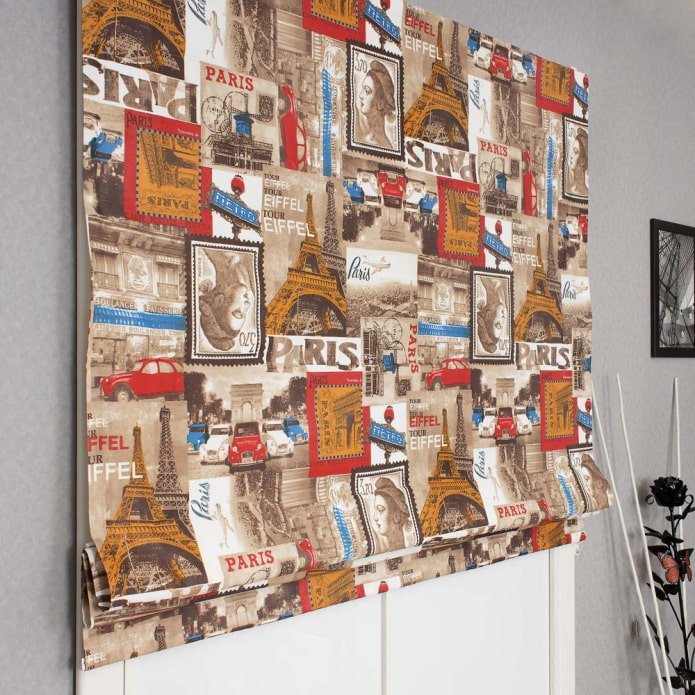
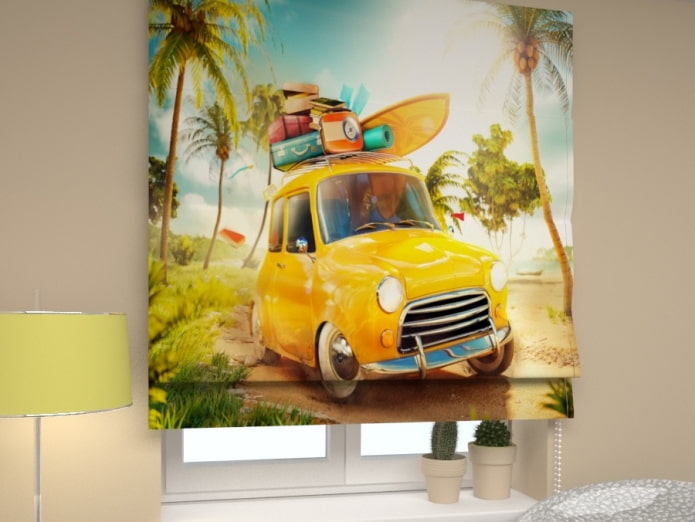
Automatic
Roman curtains with an electric drive provide convenient adjustment of the curtains, which can be carried out remotely using a special remote control.
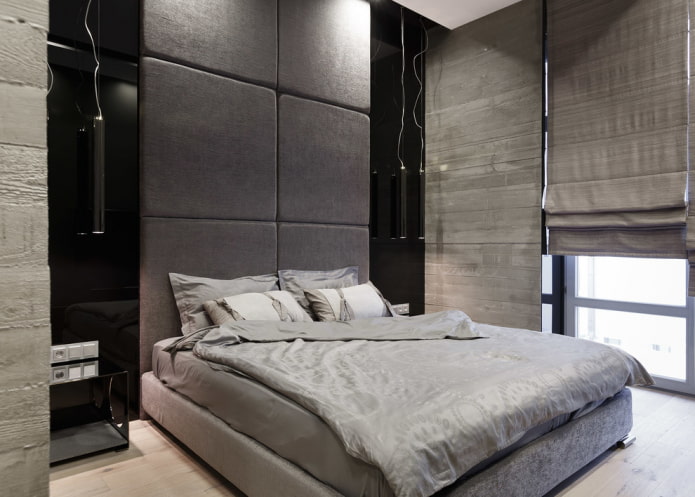
What fabric or material to choose?
When choosing fabric for Roman blinds, you should take into account the design of the room and personal taste preferences.
Tulle
Due to the airy and translucent textures, they perfectly transmit and diffuse sunlight and give the interior a light and delicate look.
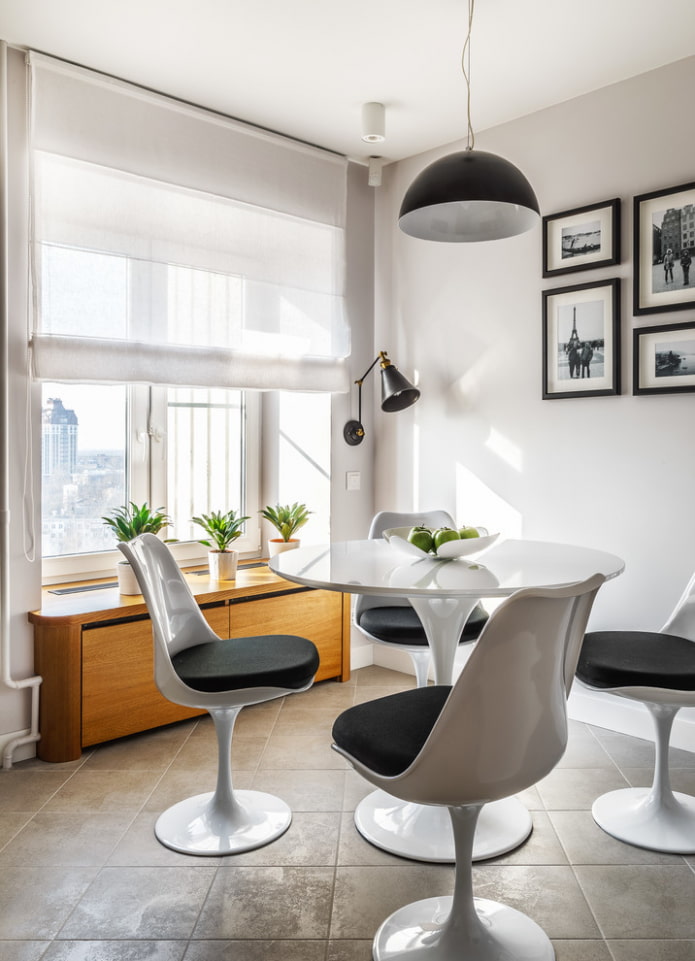
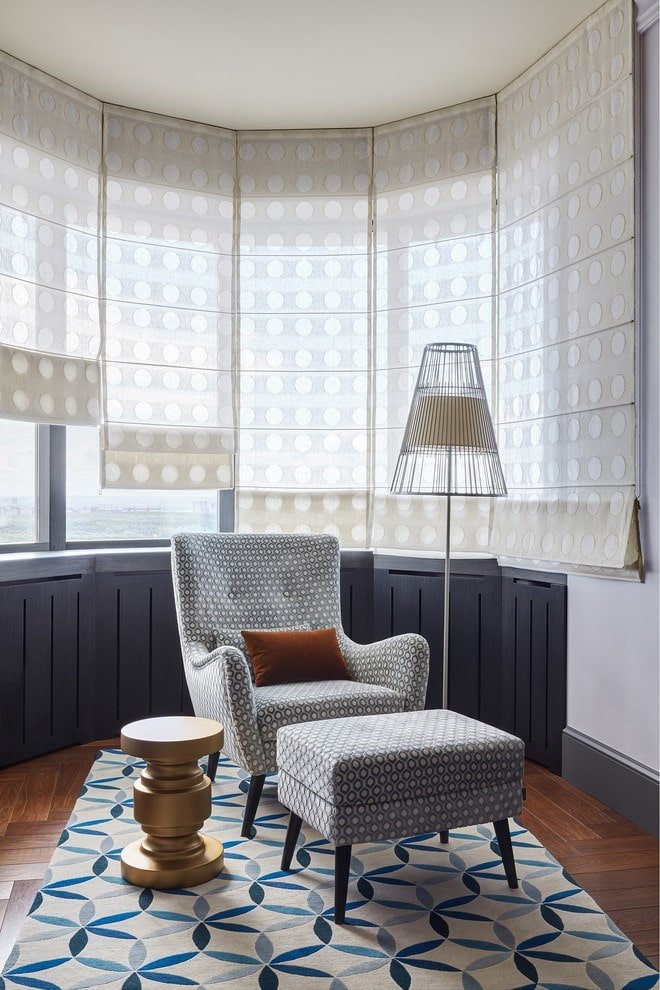
Linen
Linen products are environmentally friendly, do not attract dust and do not require special care.
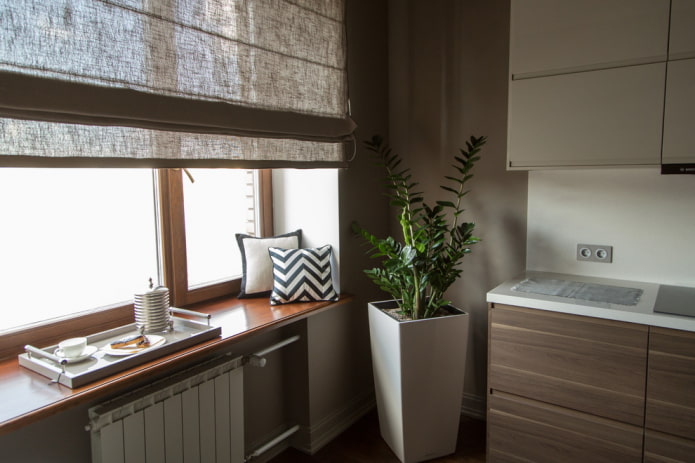
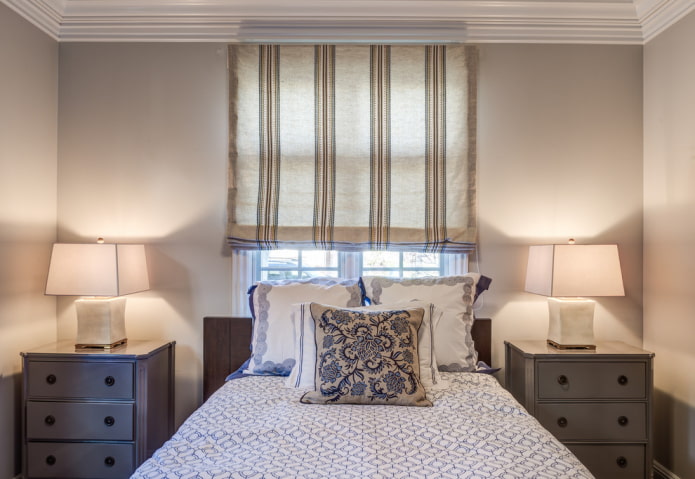
Bamboo fabric
Such fabrics are practical and easy to care for; if they get dirty, simply wipe them with a damp piece of cloth. They are in perfect harmony with almost all styles.
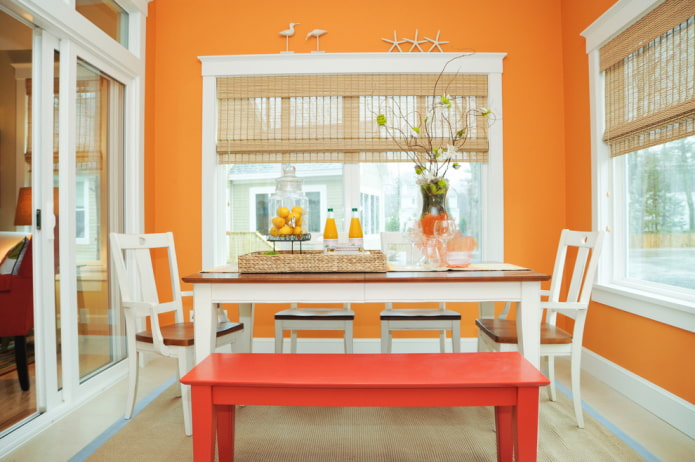
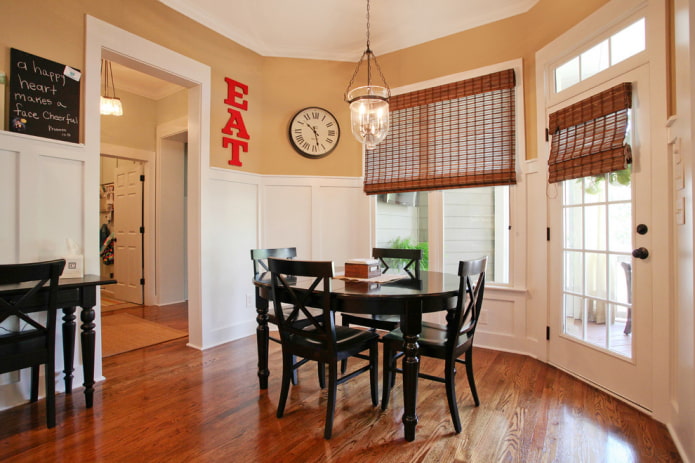
Blackout
Thanks to the special weaving of threads, a dense fabric is created, products from which allow you to completely limit the penetration of light into the room.
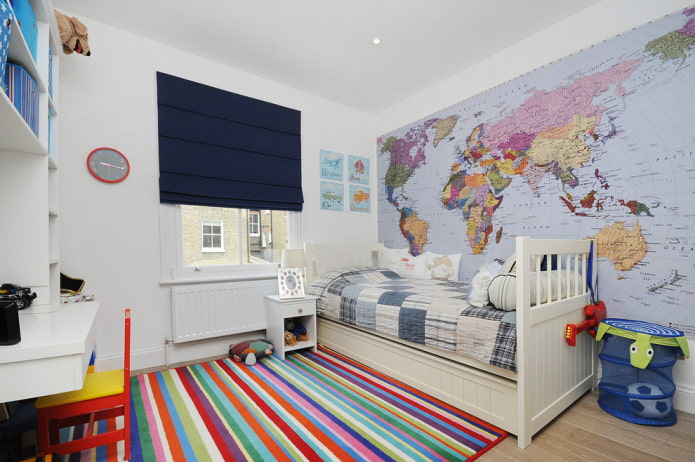
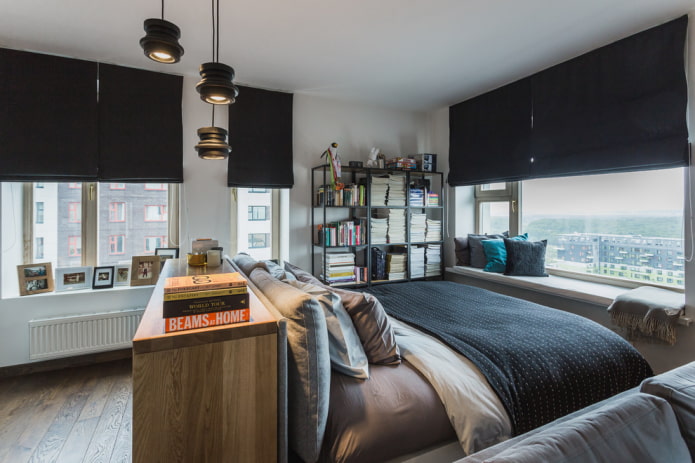
Velvet
A pleasant to the touch material with an iridescent sheen. Velvet models look elegant and create a noble and elite design.
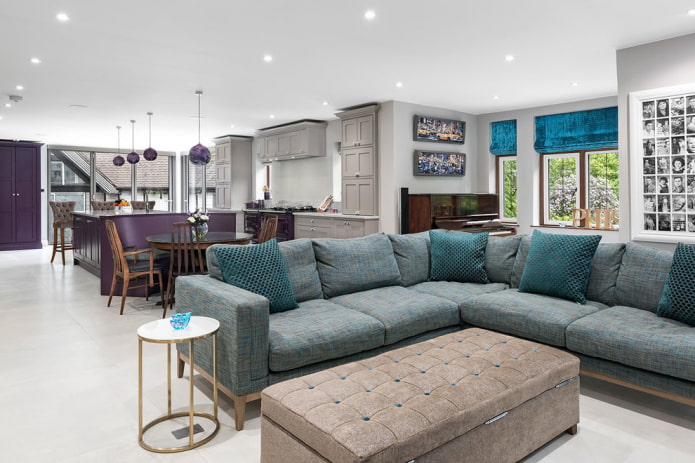
Burlap
Natural shades of burlap look very aesthetically pleasing and unobtrusive in the interior, and fully meet modern environmental requirements.
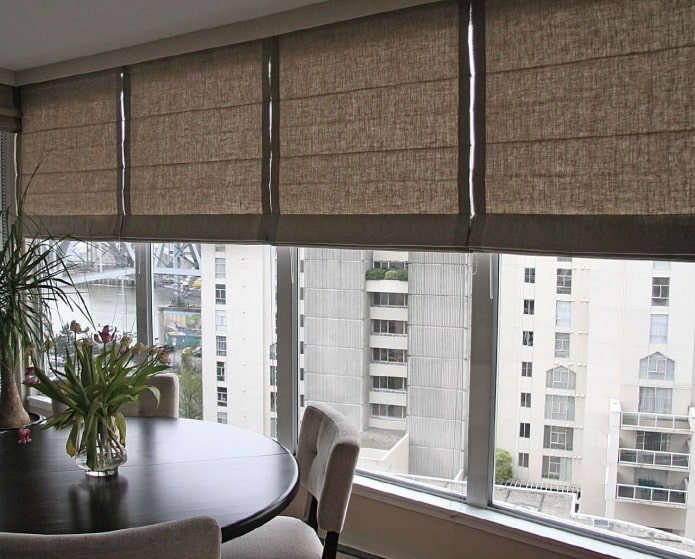
Other types of fabric
A wide variety of fabrics are used to make Roman blinds:
- Wool.
- Cotton.
- Roman matting.
- Organza.
- Voile.
- Taffeta.
- Mesh.
- Chiffon.
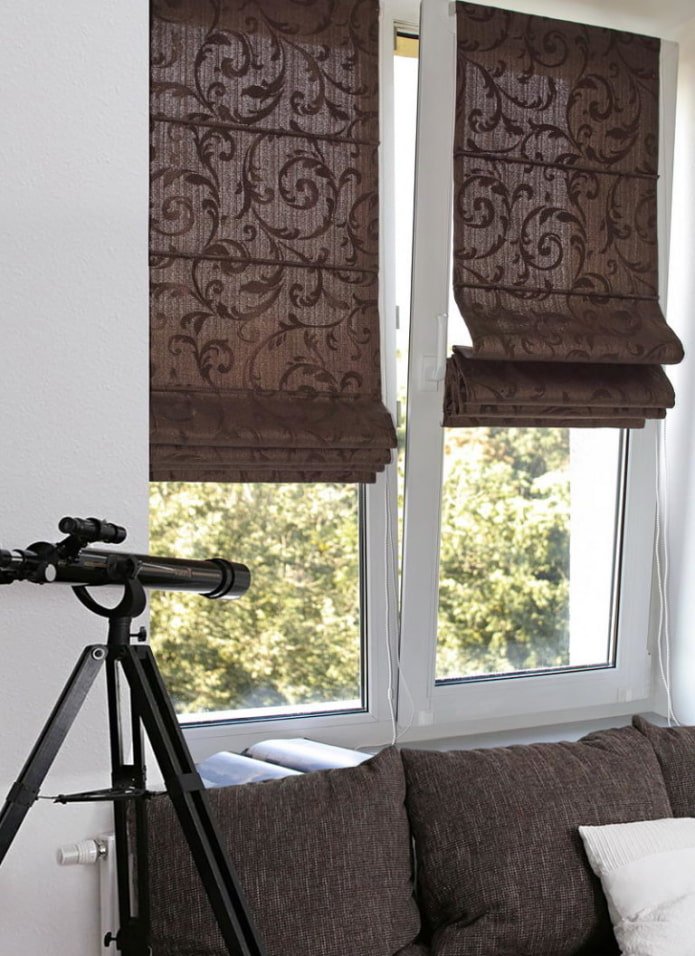
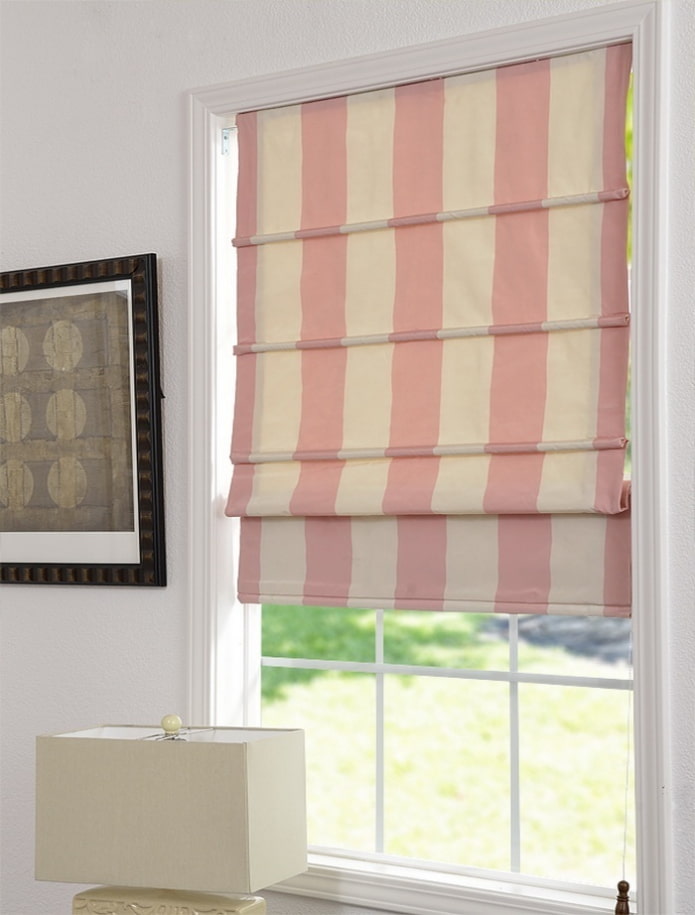
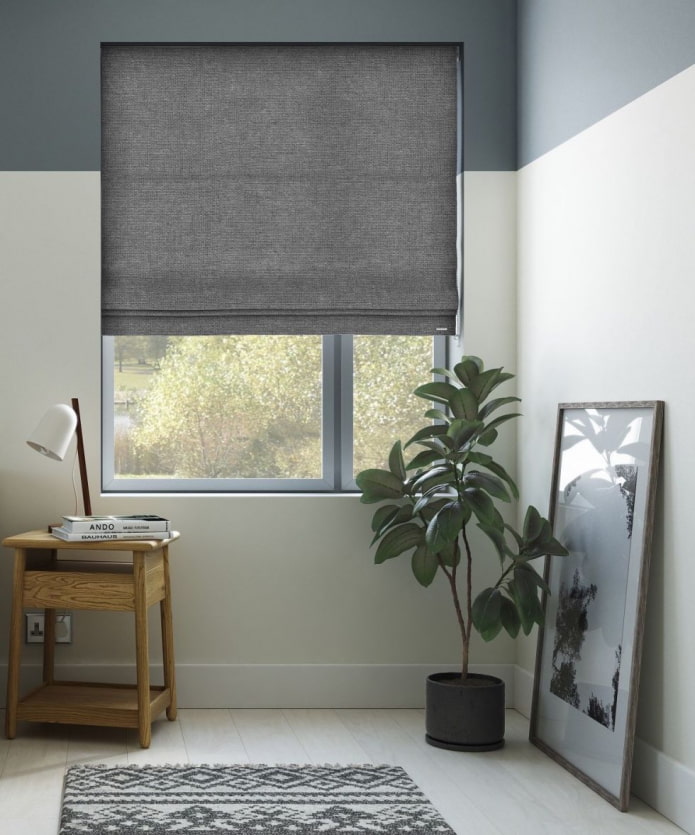

The photo shows a bedroom and Roman curtains made of voile on the window opening.
Classification by light transmittance
Main types:
- Transparent. Fabrics made of transparent materials are especially suitable for rooms with low lighting.
- Translucent. Partially muffle the light and diffuse it very effectively.
- Opaque. Constructions made of multi-layered dense fabric, perfectly block the flow of light and allow you to plunge the room into semi-darkness.
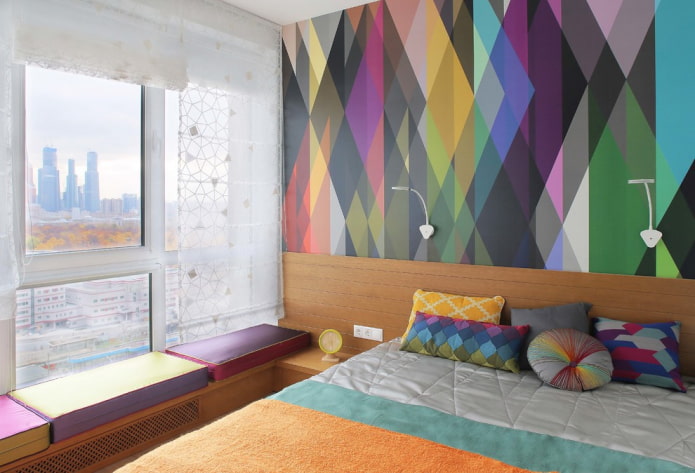
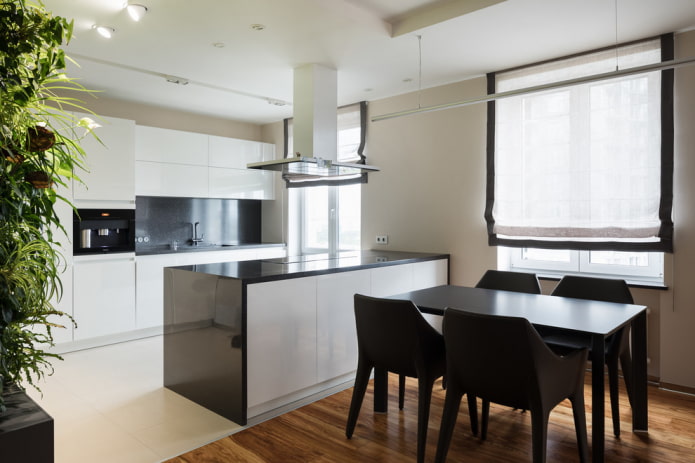
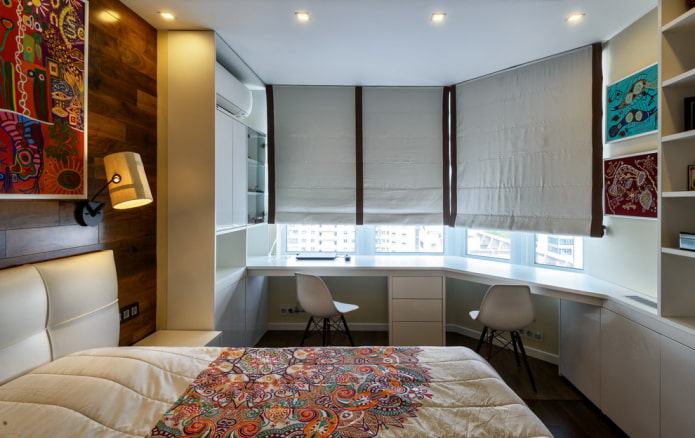
Options for attaching curtains to the cornice
There are the following options:
- Loops. Models on loops have a very simple, but at the same time very functional design.
- Rings. Fastenings on rings are especially suitable for laconic and ascetic design.
- Tape. When using tape, fastening curtains becomes much easier. It gives the curtains a more decorative look.
- Ties. The canvases with ties look very elegant, but at the same time homely and cozy.
- Belts. An original type of fastening, gives the window a distinctive and interesting appearance.
- Eyelets. Convenient and the most famous fastening. Curtains on eyelets look modern and stylish.
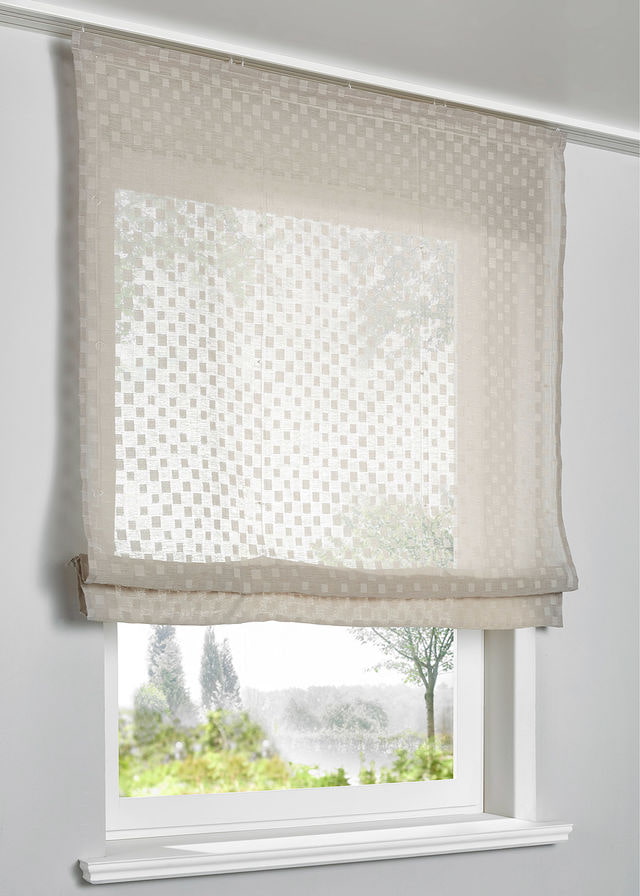
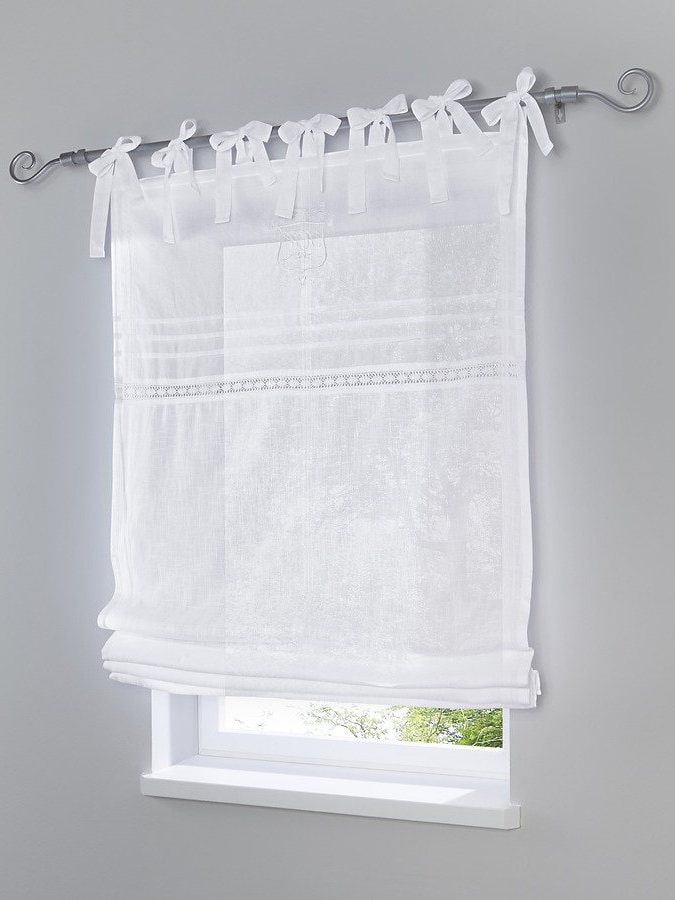
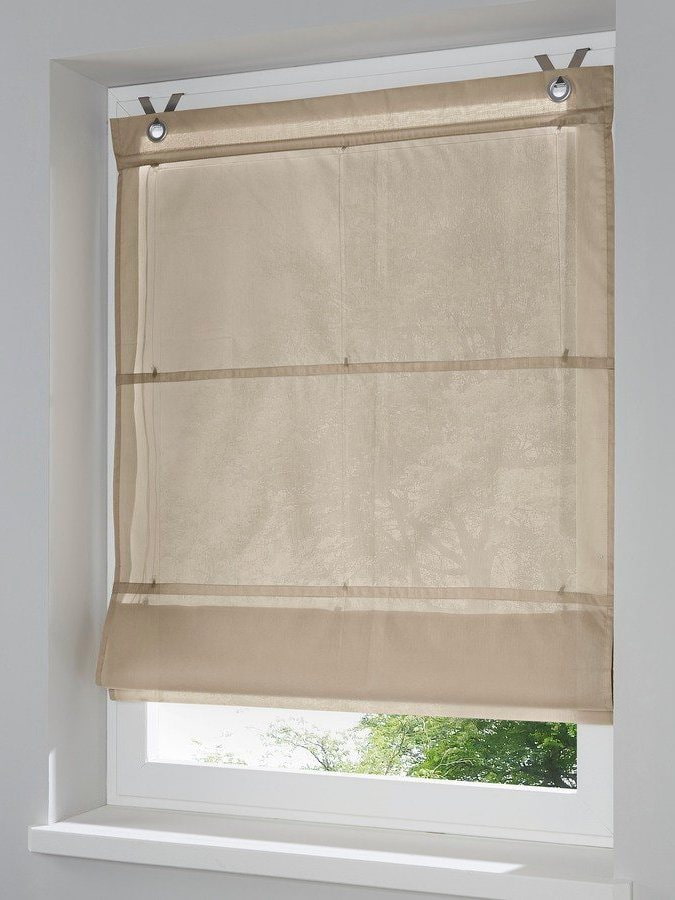
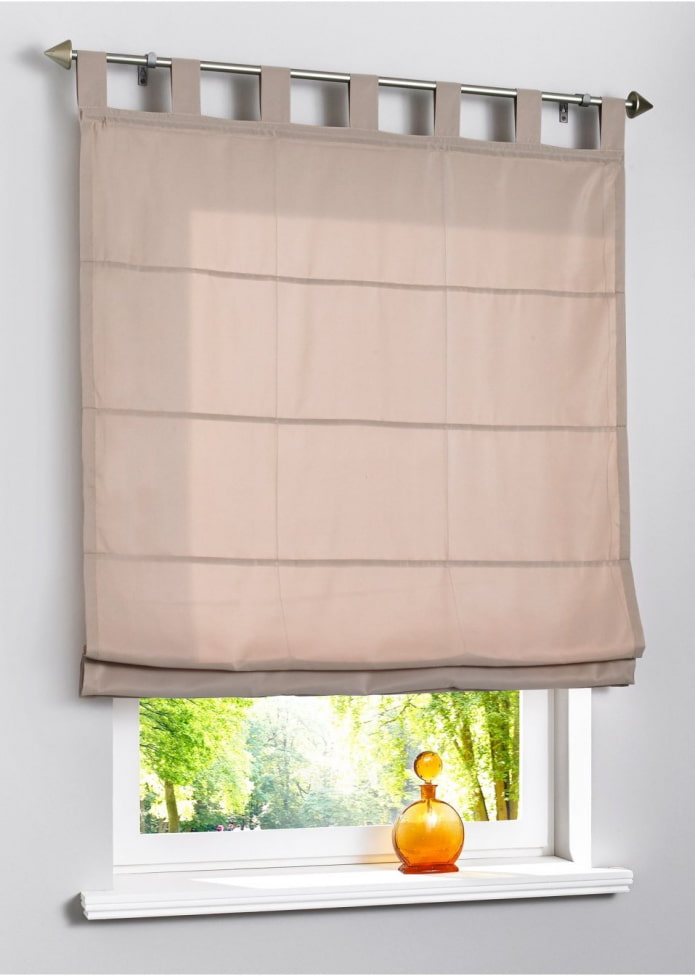
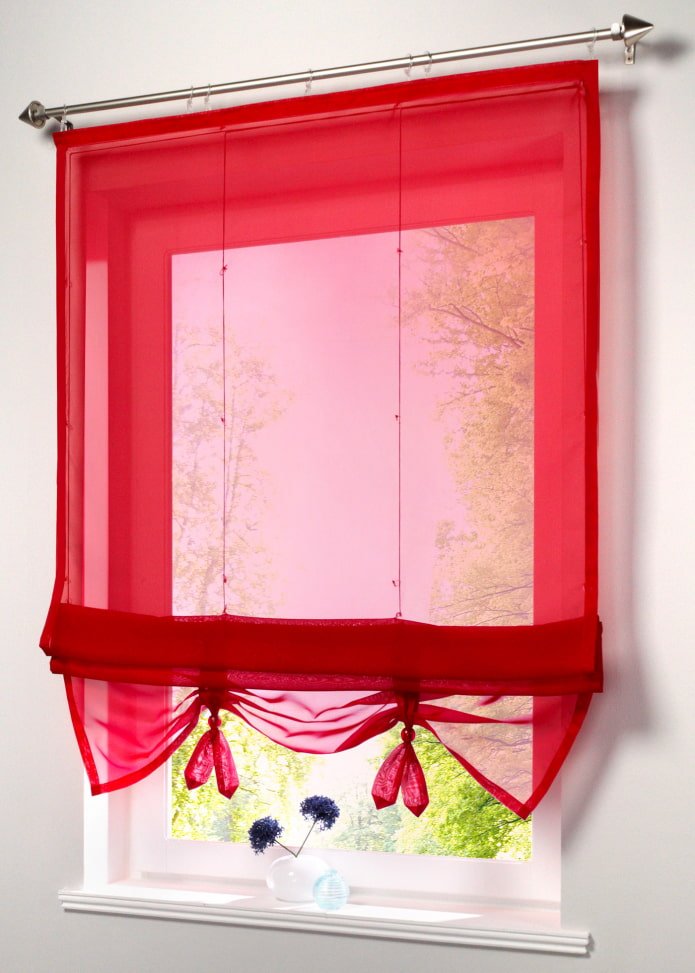
Now reading:
- Bathroom in marble style (38 photos) – design ideas and combinations.
- Build Your Own Shelves: 8 Step-by-Step Tutorials with Pictures and Videos.
- Curtains in loft style: more than 60 photos, options, colors and sizes for the interior
- Over 100 images of lambrequins for the living room: style, shape, materials and shades.
- Children’s room in lilac and violet tones: 40+ photos and design ideas